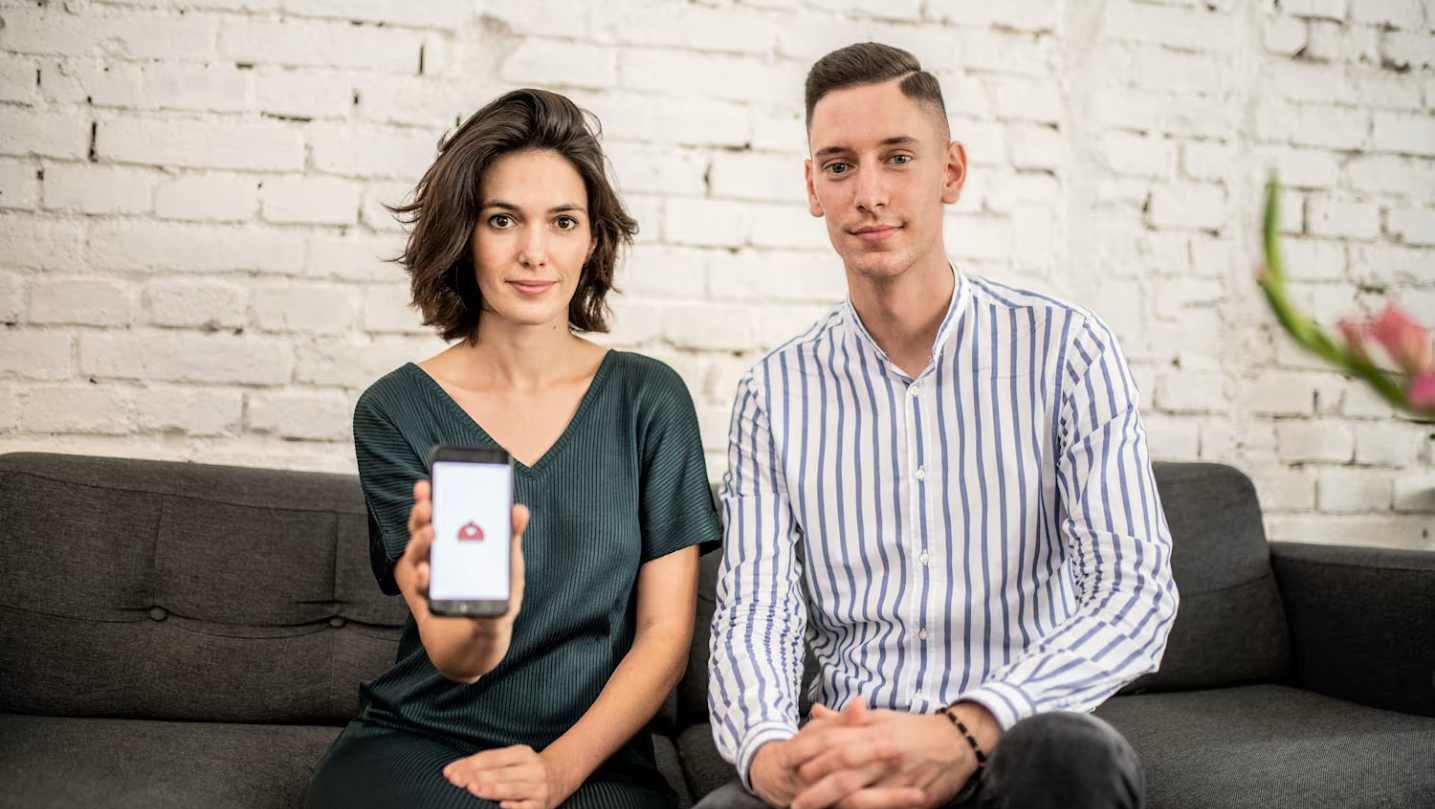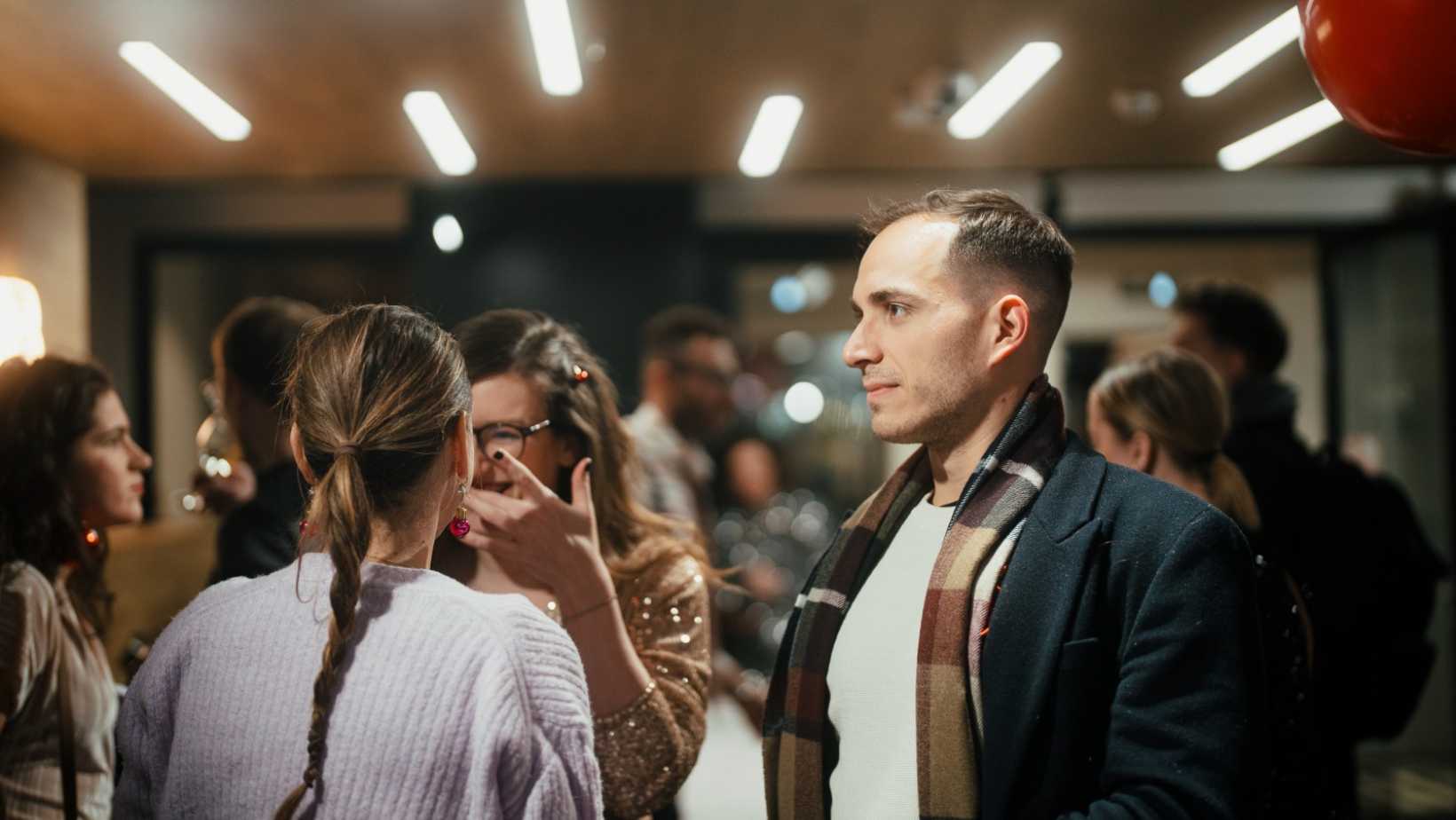Food waste is a massive problem. Every year as much as a billion tonnes of food goes uneaten worldwide, which could be as much as one-third of what’s produced.
This isn’t just wasteful, this discarded food also releases harmful greenhouse gases into the atmosphere, which could be as much as 8-12 percent of the total. A small local company called Nesnězeno (“uneaten”) is trying to do its part to reduce these numbers; I spoke with its founder, Jakub Henni, to find out more.
I meet Henni at the Nesnězeno offices, located in a small residential house on a hillside in Prague 2. Currently, it holds 14 of the firm’s 25 Czech employees, with the rest working in the Brno office, Henni’s hometown. Brno is also where the company first got its start, as a Facebook page that aimed to connect shops and restaurants with people in an attempt to reduce food waste.
The way it works hasn’t changed too much in the intervening years. Shops and businesses (Henni refers to them as “partners”) advertise food and other items they have left over, usually at the end of business hours, and customers can pick them up at a discount. The rule is that it has to be a markdown of at least 50% compared to regular prices.
This is a great deal for everybody involved: partners sell products that may otherwise have been thrown away, while consumers get a deal. Meanwhile, the planet has less trash to deal with, and Nesnězeno earns a small fee from partners for its trouble.

Jakub Henni
Humble Beginnings
Henni came up with the idea while he was studying in 2018 after looking into the issue of food waste, resulting in him and a fellow student starting a Facebook page where local Brno shops and restaurants could advertise leftover food, usually in the form of meals. Henni and his co-founder found potential partners the old-fashioned way, by pounding pavement and approaching them in person.
Soon, something that started as a project they did in their off hours to see if it would even work skyrocketed. After about three months of finding partners, Nesnězeno went viral in the local Brno media in early 2019, and potential partners started coming up to them. At the end of six months, they had saved as many as 6,000 orders from the dumpster.
It was time to professionalise: investors were found and an app was designed and published in May 2019. Nesnězeno was ready for the big time. There were issues, of course, some partners didn’t appreciate that using the app meant they would have to pay a fee to Nesnězeno, and there were issues with an app designer that split off from the company.
However, as 2019 drew to a close, there seemed to be little that could get in the way of the fledgling company’s success. People were clamouring for Nesnězeno to come to their city or town.
Visualizza questo post su Instagram
Then corona hit. Picking up unsold food doesn’t work at a time when you’re not allowed to enter shops, so the company pivoted to becoming a delivery service of all kinds of food. The small team – Henni had hired developers and salespeople in the meantime – struggled to keep their head above water, and the original co-founder even left the company. Henni looks back on this time as one of “stagnation.”
In the end, it would take almost 18 months before Nesnězeno could go back to its roots and once again contribute to helping reduce food waste. Slowly but surely, though, as the world recovered from the shock of the pandemic, business picked up again. The app now covered more and more Czech cities, and a planned expansion to Slovakia, which had been slated for early 2020, was put back on track.
Merging with Munch
Out of the blue one day, Henni got an email from Munch, a small Hungarian company that shared much of the same concept that Nesnězeno did. Currently looking to expand, the team of four founders was interested in working together. Henni quickly replied back with an enthusiastic yes, and within a few months he and the Munch team met. The click was almost instantaneous, and plans for a merger were quickly drawn up.
The two companies became one, but kept the Nesnězeno name in Czechia, going by Munch in Hungary, as well as Slovakia and Romania as they expanded in those countries. Henni emphasizes it’s still very much a partnership, though.
Now, at the end of 2024, the company seems poised for a bright future. Hungary was covered in its entirety a few months ago, and all of the major cities in Czechia are also on the roster. Smaller cities will be added to the app starting early next year. So far, the combined powers have saved 3 million meals across all markets, saving 19,000 tonnes of CO2, which is equivalent to what 4,000 cars will put out in a year.
Though he remains modest, it’s clear that Henni is proud of what he and his team have built. While saving food may seem like just one tiny part of the puzzle of climate change, an app like Nesnězeno lets people affect change themselves, a message Henni is only too happy to put forward, both through apps as well as speaking at events like TedX UNYP.
If you’re interested in trying out Nesnězeno for yourself, check out the mobile apps for Android and iOS.
Would you like us to write about your business? Find out more
Prague is a hub for startup activity in the region, and will now finally get its first conference focused on connecting founders with venture capital firms and more experienced entrepreneurs on Tuesday, October 22.
The very first Tech Happy Hours is a daylong event set to put Prague on the European startup map. The event will feature speakers from a number of Prague-based startups, among them local unicorn Productboard, as well as national and international venture capital firms.
Tech Happy Hours is a part of the Czech Startup Week, an initiative from Startup Kitchen and CzechInvest.
Startup Kitchen is a platform that aims to mentor first-time founders as they start their startup journey, while CzechInvest is the state-funded investment and business development agency.
Speakers will include Martin Felcman, head of product at Productboard, as well as serial entrepreneur Jan Rezab. The headline speaker is Linn Kretzschmar from CERN Venture Connect, the Swiss research organization’s program to connect startups, capital, and cutting-edge tech.
Speakers will focus on a number of topics, most of them centered around how to get and keep funding, as well as how to run a startup as a first-time founder.

Special attention will go out to startups working in the field of DeepTech, technologies that may feature strongly in our future, such as quantum computing, artificial intelligence, and spaceflight.
Tech Happy Hours will conclude with a startup competition which features a panel of three international judges who will pick a winner from up to ten startups from Czechia, Austria, Slovakia, and even Taiwan.
The winner of the wild card prize will get a spot in the next day’s Engaged Investments conference.
Tech Happy Hours will take place Tuesday, October 22 at the Staropramen brewery in Anděl, Nádražní 84, Smíchov. Tickets start at 390 CZK.

